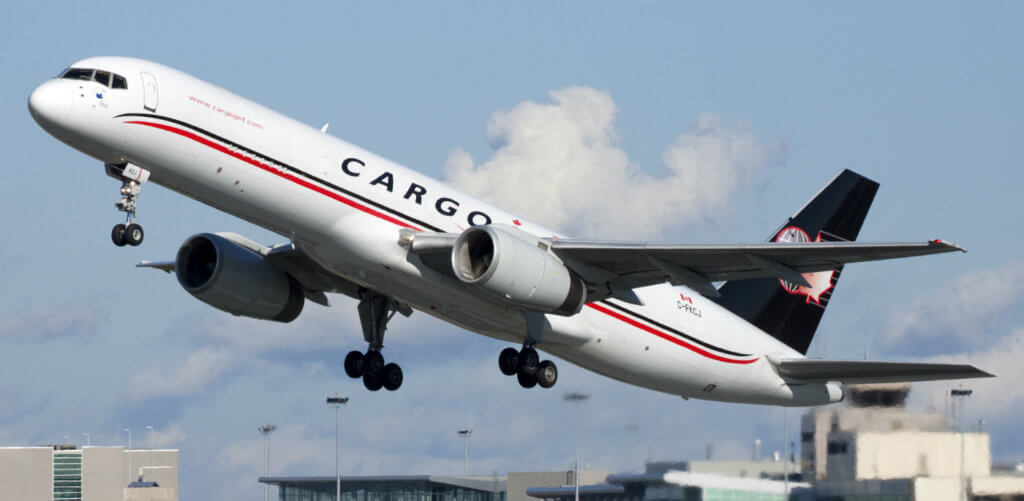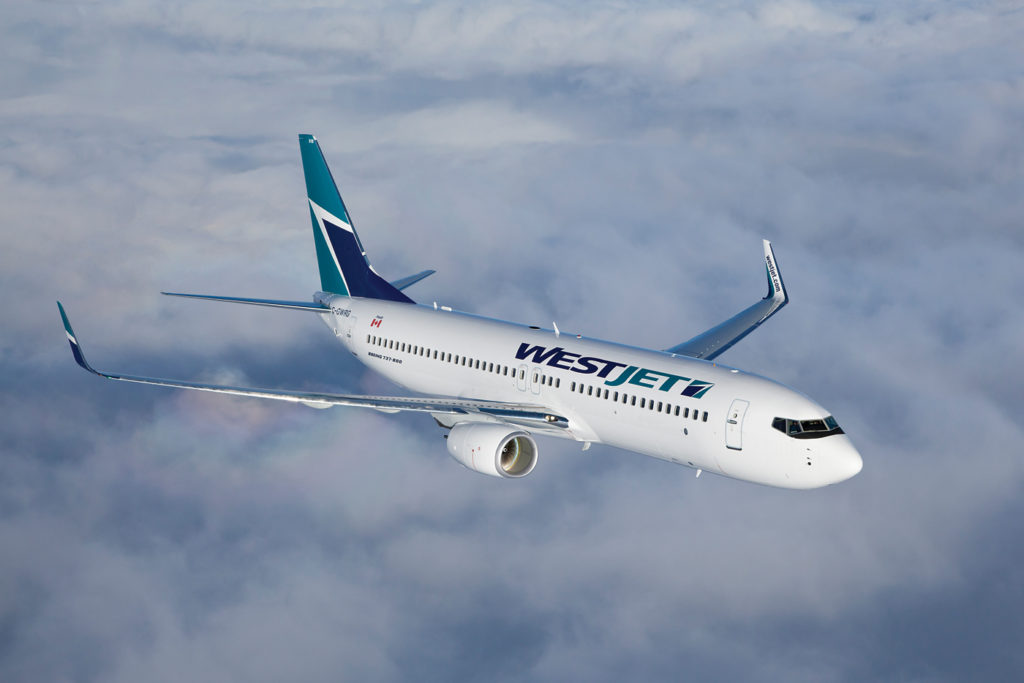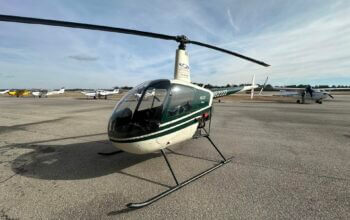Estimated reading time 6 minutes, 52 seconds.
The global air transport industry is in a growing liquidity crisis and government aid is urgently needed, says the Montreal-based International Air Transport Association (IATA).

During a media conference call on March 17, IATA chief economist Brian Pearce said the COVID-19 crisis has now affected markets representing 94 per cent of global passenger revenues. In addition to the impact of the virus itself, border closures and travel restrictions imposed by governments around the world have hammered the already vulnerable air transport industry.
“Demand for the business of many airlines has fallen to zero,” said Pearce. “Just a week and a half ago, we released two scenarios on how we saw the COVID-19 virus impacting airline revenues. In the worst case scenario, we expected a hit of US$113 billion. We’re already there.”
Pearce said it’s now clear that IATA’s previous loss estimate is far too low; it did not take into account the virtual shutdown of the North Atlantic market, border closures and near-zero demand in many markets.
But on March 17, IATA was focusing on liquidity, not loss.
According to the association, which represents some 290 of the world’s airlines — including Air Canada, Air Transat, Cargojet and WestJet — recent years of seemingly good airline performance figures have been driven by a relatively small number of airlines. Pearce said only about 30 operators globally are in a position to weather the current economic storm, having previously reduced their debt loads relative to earnings.
“In times of crisis like this, balance sheets are key to survival,” noted Pearce. “The vast majority of airlines still have high levels of debt, which means they still have fixed obligations to pay even when there is no revenue . . . [at the start of the year], 75 per cent of the airlines we looked at had less than three months of cash to cover those bills. That is pretty much running out for many airlines now, and that’s driving the liquidity crisis we have today.”
According to aviation research firm CAPA Centre for Aviation, most airlines around the world will be bankrupt by May without timely government aid.
“Co-ordinated government and industry action is needed — now — if catastrophe is to be avoided,” CAPA said in a March 16 report. “Cash reserves are running down quickly as fleets are grounded, and what flights there are operate much less than half full.”
IATA director general and CEO, Alexandre de Juniac, said the industry is in a “terrible crisis.”
He said the association is calling upon governments to take “extraordinary measures” that will safeguard cash flow, such as waiving slot rules, removing taxation and fees, and reducing income and payroll taxes.

“It is beyond the financial capacity of airlines to comply with these rules. We need governments to act strongly and quickly.”
De Juniac said governments understand the air transport industry is in a very bad situation and they are listening.
In the U.S., industry has asked for $50 billion in aid, which could include government-backed loans and cash grants as well as tax relief. Airports there have asked for an additional $10 billion to cover losses.
On March 15, U.S. President Donald Trump signalled strong support for the air transport sector. “We’re going to back the airlines 100 per cent — it’s not their fault,” he said during a COVID-19 media briefing.
In Canada, Prime Minister Justin Trudeau spoke with the CEOs of Air Canada and WestJet on March 10, although details were not disclosed.
The Ottawa-based Air Transport Association of Canada (ATAC) issued an open letter to Trudeau on March 16 asking for “immediate government support to the air transport industry of Canada as it deals with the COVID-19 pandemic.”
The association – which represents commercial operators, flight training units and aviation industry suppliers – has requested an emergency call with senior government decision-makers early this week.
IATA’s de Juniac estimated that collectively, global air operators will require US$150 to $200 billion in government aid.
He said aid to the sector is crucial to ensure that once the COVID-19 threat passes, economic recovery will happen quickly.
“The reason why we ask government to focus on airlines is that connectivity is essential to economic development, but also to the coming economic recovery,” continued de Juniac. “If we want this crisis to come to an end fast and quickly from an economic standpoint . . . a strong airline sector to provide the resources and transport business people and goods, and tourists, is absolutely critical to the speed of the economic recovery.”
He also pointed out the air cargo sector plays a critical role in delivering medicines, equipment and time-sensitive materials to keep the global economy functioning. In a March 16 press release, IATA urged governments “to take urgent measures to ensure that air cargo will be available to support the global fight against COVID-19.”
This includes exempting cargo aircraft from travel restrictions and ensuring procedures are in place for the smooth and timely flow of goods around the world.
As for a recovery timeline, IATA’s Pearce said past pandemics have seen air travel and cargo follow a V-shaped recovery.
“Six months, nine months past the outbreak we have seen travel demand return to where it was before the crisis,” he said. “In principle, there is no reason to doubt that will happen again. The difference this time is that this has spread globally. While China may be moving to recovery, the rest of the world is not. So that will extend the recovery period.
“The challenge we face today is can airlines last that long before they run out of cash?”








